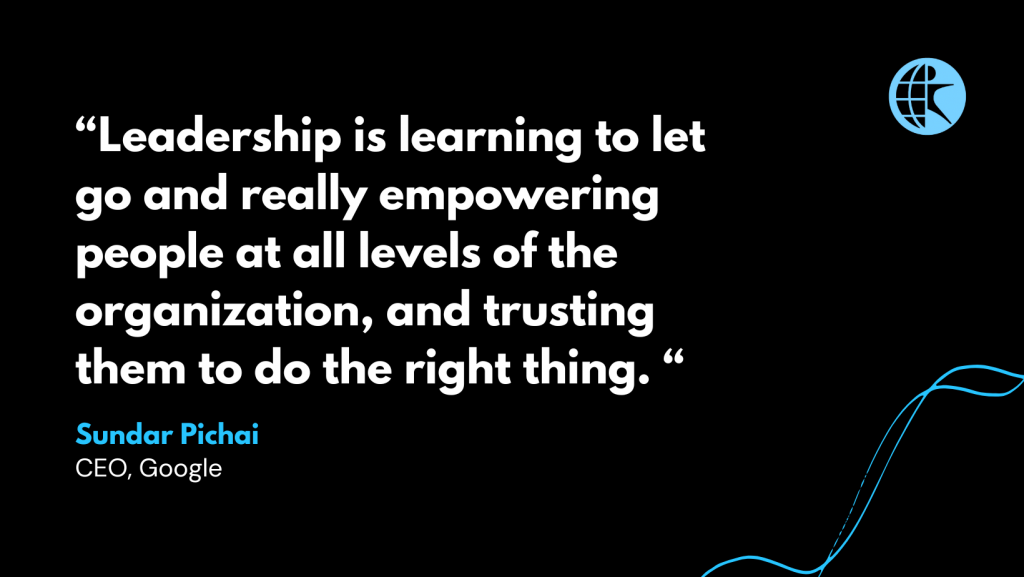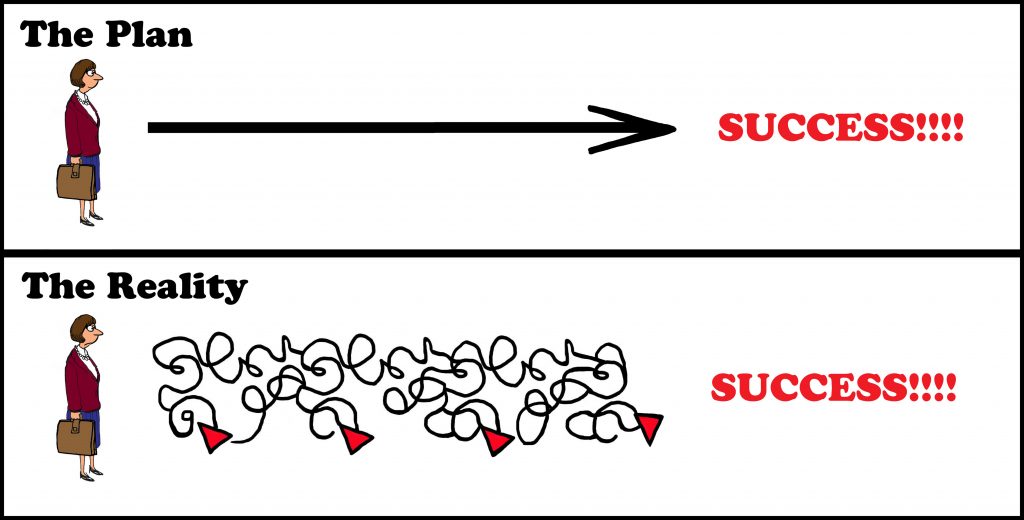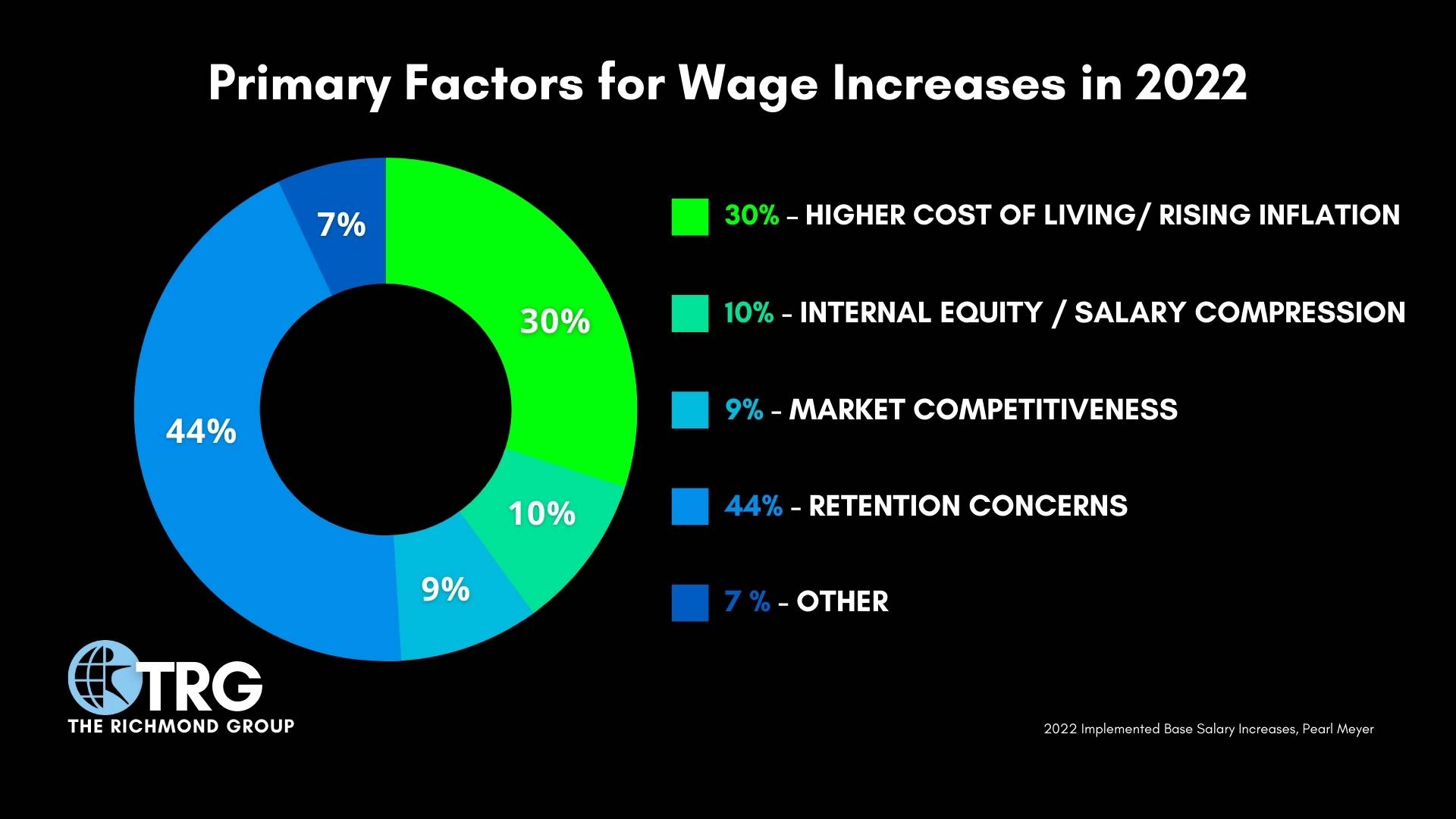Leadership Vs. Management
The terms “leadership” and “management” are often used interchangeably. While there is some overlap between the work that leaders and managers do, there are also notable differences. The main difference between leaders and managers is that leaders have people follow them while managers have people who work for them.
Leaders are more about looking for opportunities for improvement company-wide, whereas managers set out to achieve organizational goals through implementing various processes. While managers have procedures, leaders have a vision. Leaders are more intent on thinking ahead and capitalizing on opportunities down the road. Both pieces of the puzzle are equally important.

Leaders create an open environment in which their teams are comfortable enough to speak up and consistently communicate. The leader encourages and inspires, focusing on people and overall improvements. The manager sets realistic expectations and benchmarks focusing on systems and structure. While managers work in the present, leaders look to the future.
See Related: Daily Habits of the Most Productive Leaders
“Employees who work for engaged managers are 59% more likely to be engaged themselves.”- Gallup
In addition to inspiring employees, leaders engage in learning and development making it a priority for themselves and their managers. Whether you are a leader, a manager or a mix of both. Strive to lead and manage with passion and integrity. Leaders inspire people and managers drive their success, effective work systems should have a healthy balance between the two.










